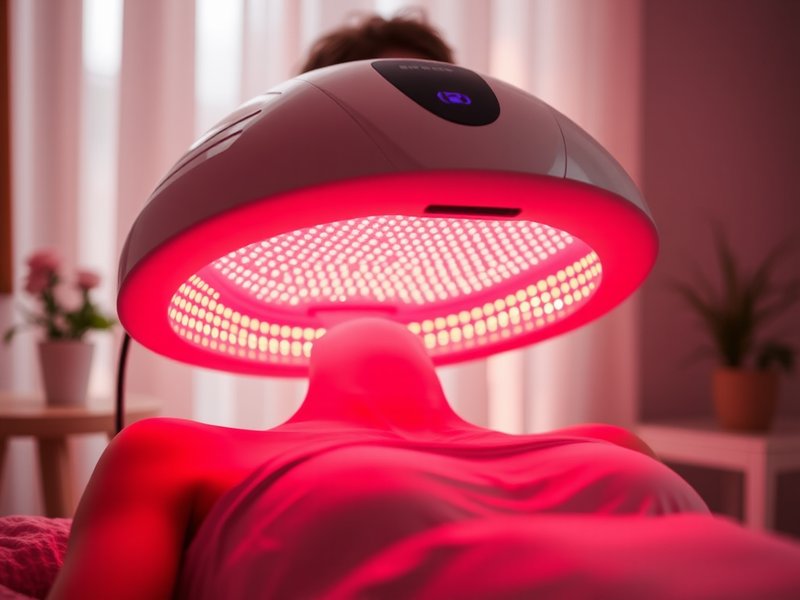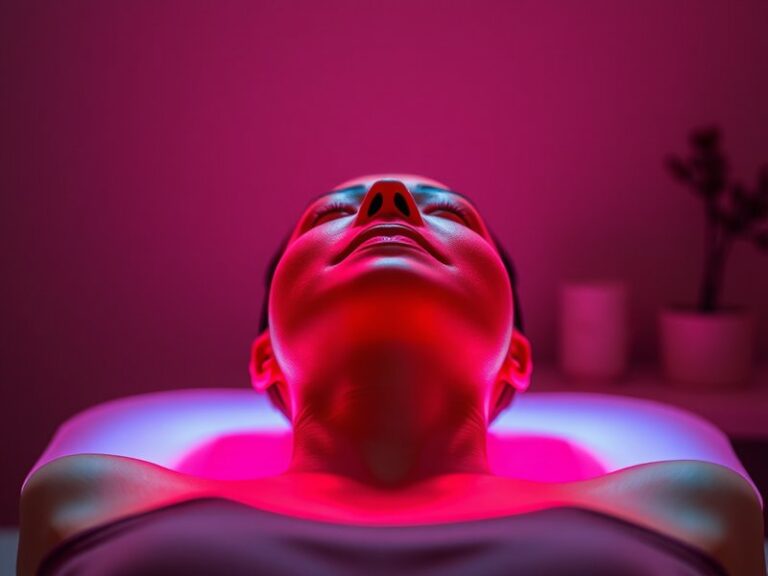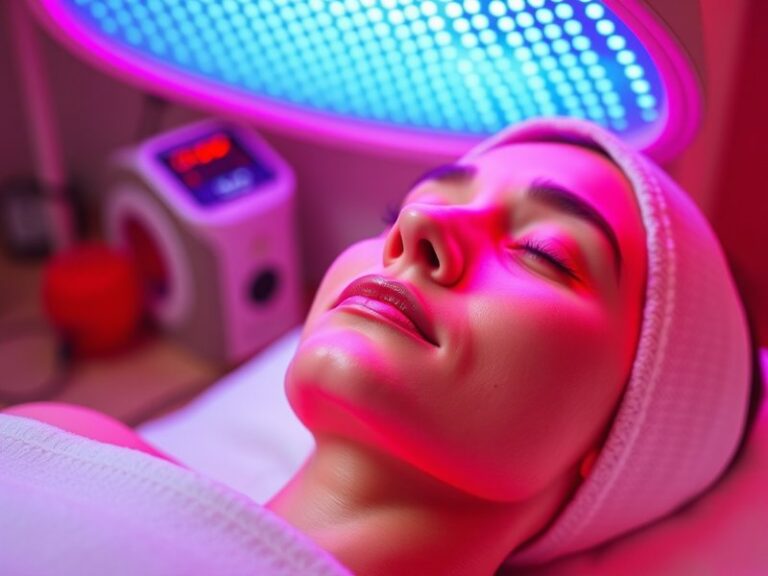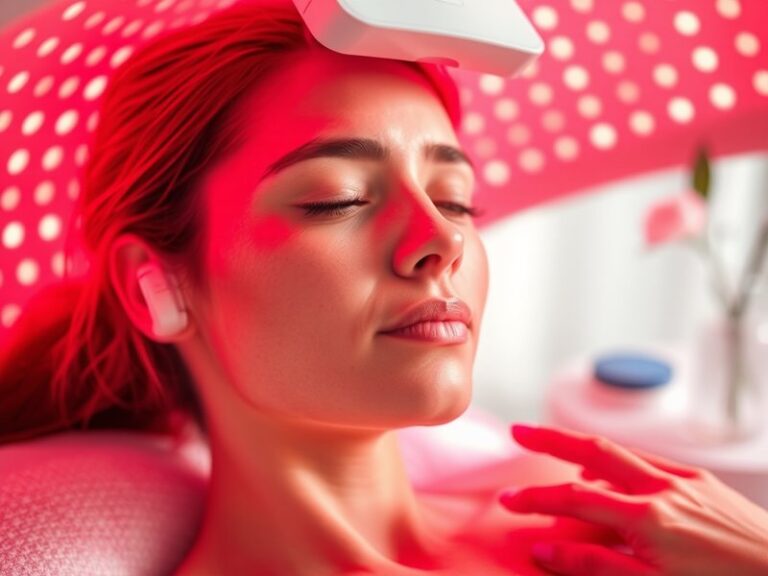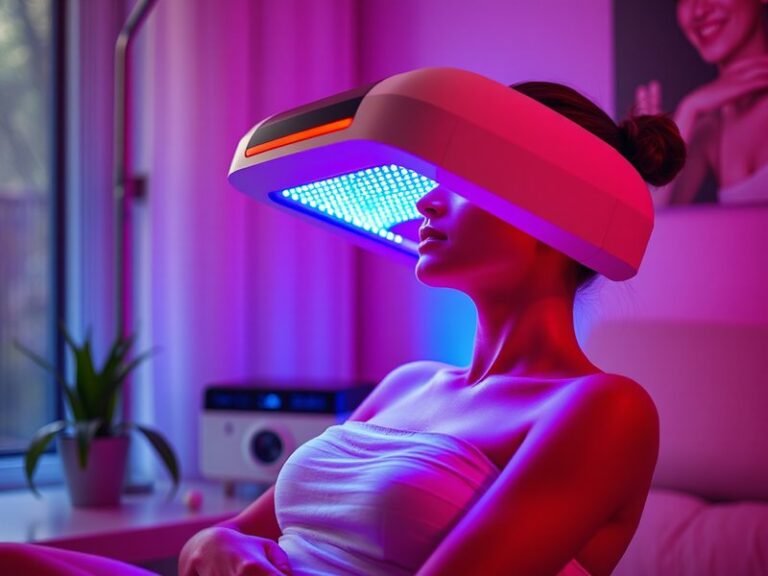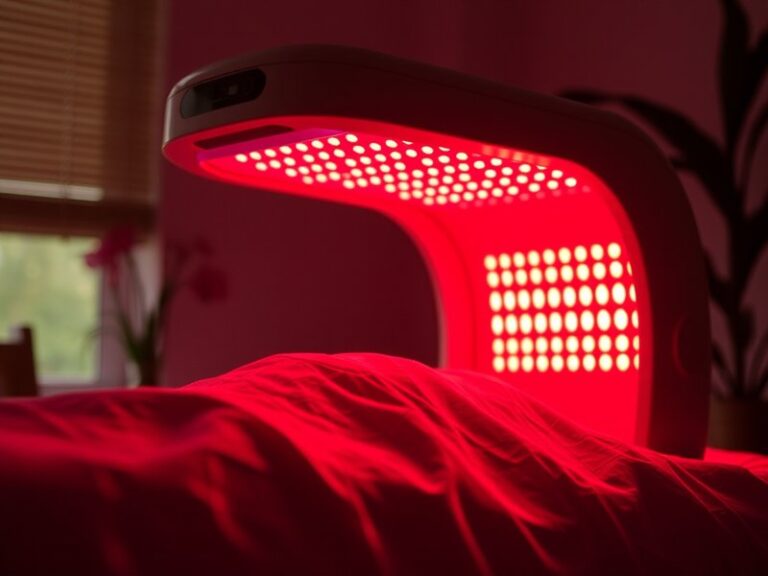Can Red Light Therapy Cause Dizziness?
Can Red Light Therapy Cause Dizziness?
Have you ever wondered if the alternative health trend of red light therapy could lead to unexpected side effects like dizziness?
In this article, we will explore the relationship between red light therapy and dizziness, examining the potential causes, benefits, and precautions associated with this treatment. Whether you are considering red light therapy for pain relief, skin rejuvenation, or other benefits, understanding its effects is crucial.
Key Takeaways
- Red light therapy is generally safe, but some individuals may report mild dizziness following treatment.
- The dizziness may be linked to factors such as brightness of the light, duration of exposure, or individual sensitivity.
- It’s important to consider personal health conditions and consult a professional if you experience discomfort.
What is Red Light Therapy?
Red light therapy, also known as low-level laser therapy (LLLT) or photobiomodulation, utilizes specific wavelengths of light to stimulate cellular function. This treatment is often employed for various therapeutic purposes, including promoting healing, reducing inflammation, and improving skin appearance.
Red light therapy works by penetrating the skin and activating the mitochondria in cells, increasing ATP production, which is essential for cellular repair and regeneration. Various devices are available, ranging from handheld units to full-body panels, making this therapy accessible to users at home or in clinical settings.
What are the Benefits of Red Light Therapy?
Red light therapy has garnered attention for its numerous potential benefits, which we will detail below.
Pain Relief
One of the most celebrated benefits of red light therapy is its ability to alleviate pain. Studies have shown that it can help people suffering from conditions such as arthritis, muscle soreness, and joint pain by reducing inflammation and promoting healing in tissues.
Skin Rejuvenation
Red light therapy can enhance the complexion and reduce signs of aging. By stimulating collagen production, it may help minimize wrinkles, improve skin texture, and promote overall skin health.
Check out the details in How many days for red light therapy?
Improved Wound Healing
By enhancing cellular repair processes, red light therapy may accelerate wound healing. This makes it a popular choice for treating cuts, scars, and other skin injuries.
Enhanced Athletic Performance
Some athletes use red light therapy to improve performance and recovery times. The increased ATP production may enhance muscle recovery post-exercise, reducing injury risk and enhancing endurance.
Is it Possible to Experience Dizziness from Red Light Therapy?
While red light therapy is generally considered safe, some individuals may experience dizziness after treatment. This is not commonly reported but can arise due to a few factors.
What are the Advantages of Experiencing Dizziness?
In some cases, dizziness after a red light therapy session can serve as an important signal. It may indicate that the treatment is prompting significant changes in cellular activity or blood flow, potentially highlighting a need for adjustment in treatment protocols.
What are the Disadvantages of Experiencing Dizziness?
On the downside, dizziness can be uncomfortable and concerning. It may detract from the overall therapeutic experience, causing discomfort or an adverse reaction that leads to a discontinuation of treatment. Additionally, anyone with a history of balance issues or vertigo should consult their healthcare provider before proceeding.
What are the Things to Consider Before Red Light Therapy?
Before starting red light therapy, several factors should be taken into account to ensure a safe and effective experience.
Personal Health Conditions
Individuals with specific health conditions, such as epilepsy or light sensitivity disorders, should consult with a healthcare professional prior to treatment to discuss potential risks.
Treatment Duration and Intensity
The intensity and duration of red light exposure can influence the likelihood of experiencing dizziness. It may be wise to start with shorter sessions and gradually increase the duration as tolerated.
Device Quality and Settings
Using high-quality red light therapy devices with appropriate settings can help minimize side effects, including dizziness. Ensuring the device is used according to manufacturer guidelines is crucial for safety.
What are the Alternatives to Red Light Therapy?
Should you want to explore alternatives to red light therapy for similar benefits, consider the following options.
Infrared Therapy
Similar to red light therapy, infrared therapy uses longer wavelengths of light to penetrate the skin and promote healing. It can effectively reduce pain and improve circulation without the same intensity of light exposure.
Cold Laser Therapy
Cold laser therapy also focuses on using laser light for healing purposes, promoting tissue repair and alleviating pain, much like red light therapy, but potentially with fewer instances of dizziness.
Ultrasound Therapy
Ultrasound therapy employs sound waves to promote healing and pain relief, providing an alternative for those wary of light therapies and their associated effects.
Discover the full analysis Benefits of Red Light Therapy
Conclusion: Is it Recommended to Proceed with Red Light Therapy?
Overall, red light therapy is a promising treatment option for various health benefits, although it is essential to be aware that dizziness may occur for some individuals. Consulting healthcare professionals and taking personal health conditions into account can enhance the safety and enjoyment of red light therapy.
Frequently Asked Questions
Can everyone use red light therapy?
Most individuals can safely use red light therapy, but those with specific medical conditions or light sensitivities should consult a healthcare professional beforehand.
How can I minimize the risk of dizziness?
To reduce the possibility of dizziness, start with shorter sessions, use a good quality device, and ensure proper intensity settings.
What should I do if I feel dizzy during treatment?
If you begin to feel dizzy during a session, it is advisable to stop treatment and allow yourself to rest. If dizziness persists, consult with a healthcare professional.
Are there any long-term side effects of red light therapy?
Red light therapy is generally considered safe with limited side effects, but long-term effects are still being studied. Always seek advice from a healthcare provider if unexpected symptoms occur.
